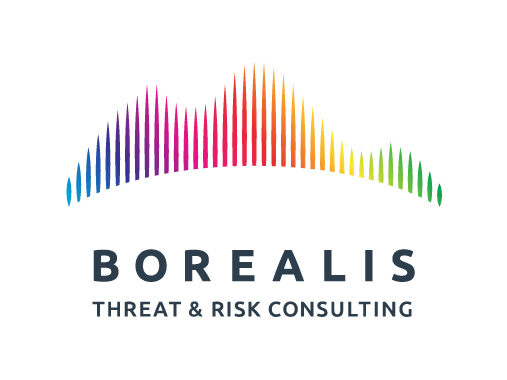Episode 256 – Why is Africa rife with jihadi groups? Last year the Global Terrorism Index for the first time put an African nation, Burkina Faso, at the top of its list of terrorist attacks. A phenomenon most associate with the Middle East (and West Asia: think Pakistan and Afghanistan) is now increasingly dominated by […]


